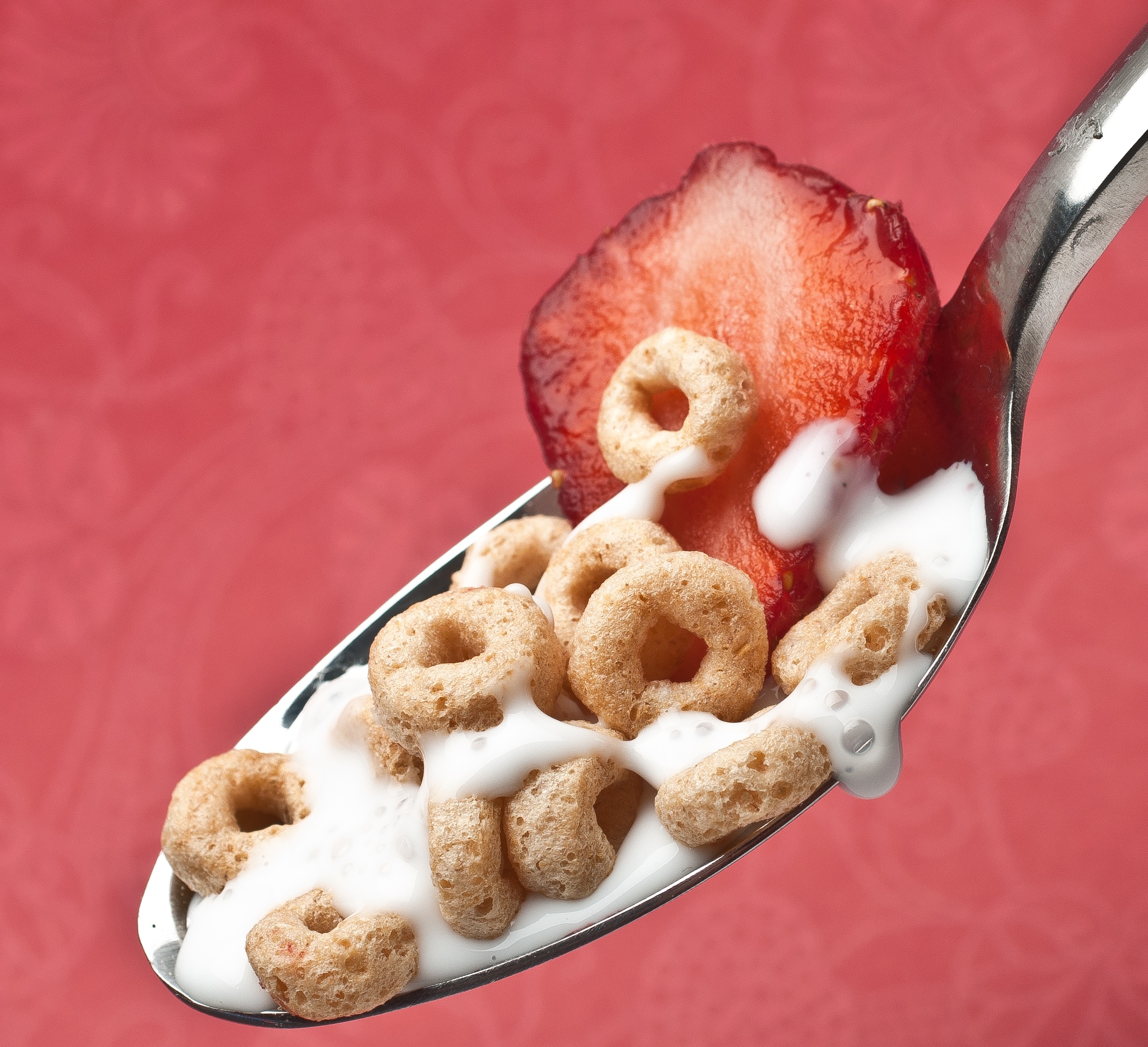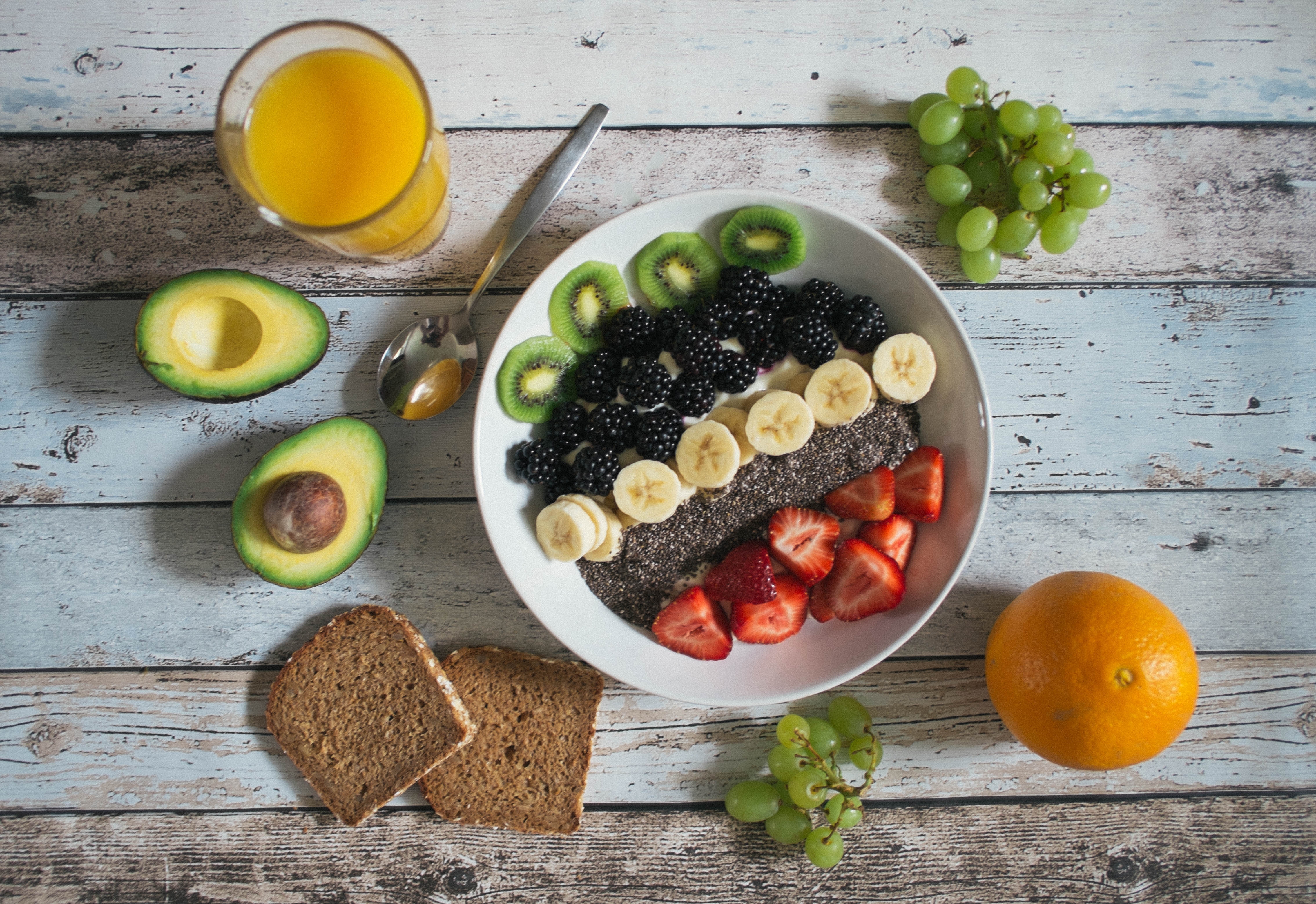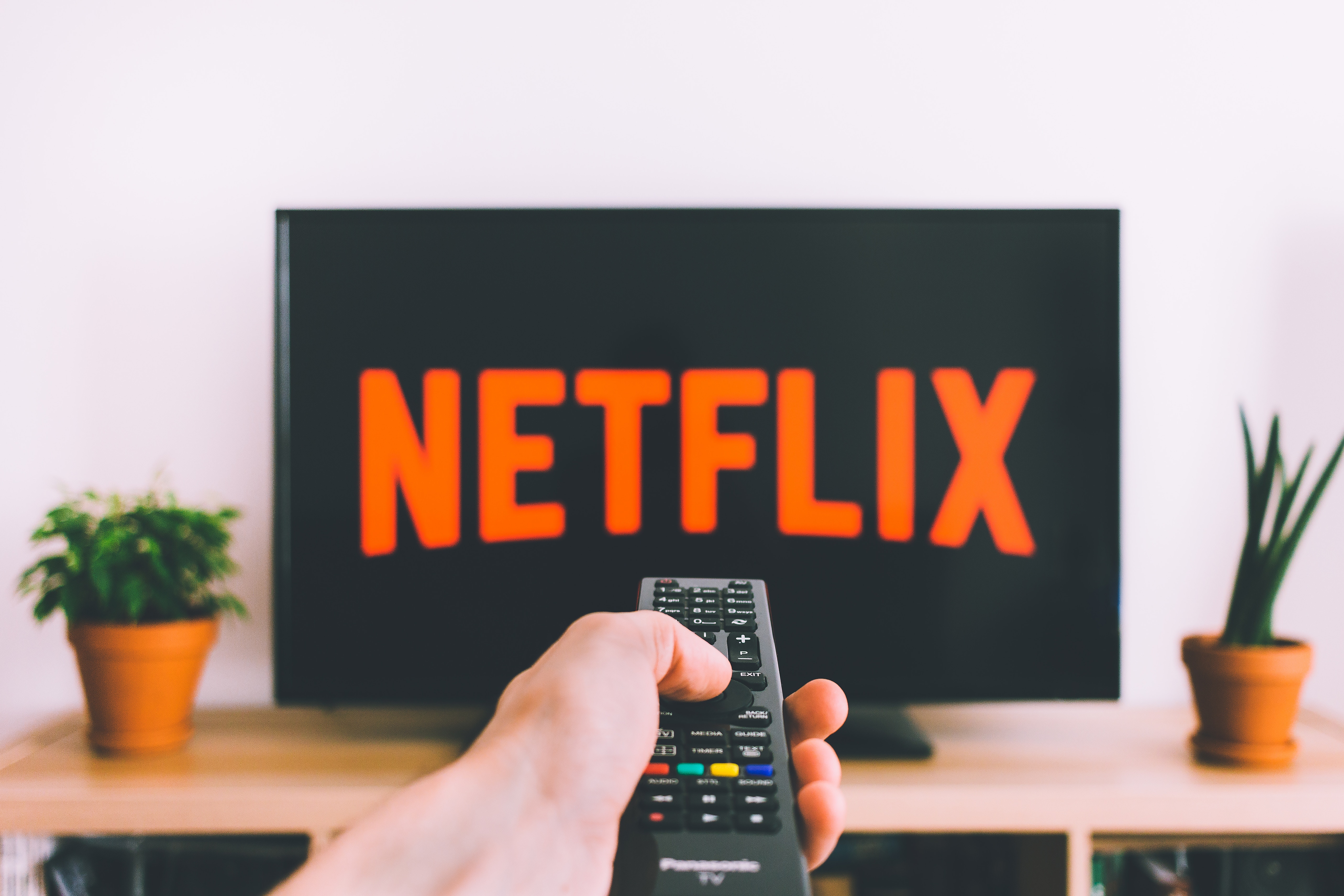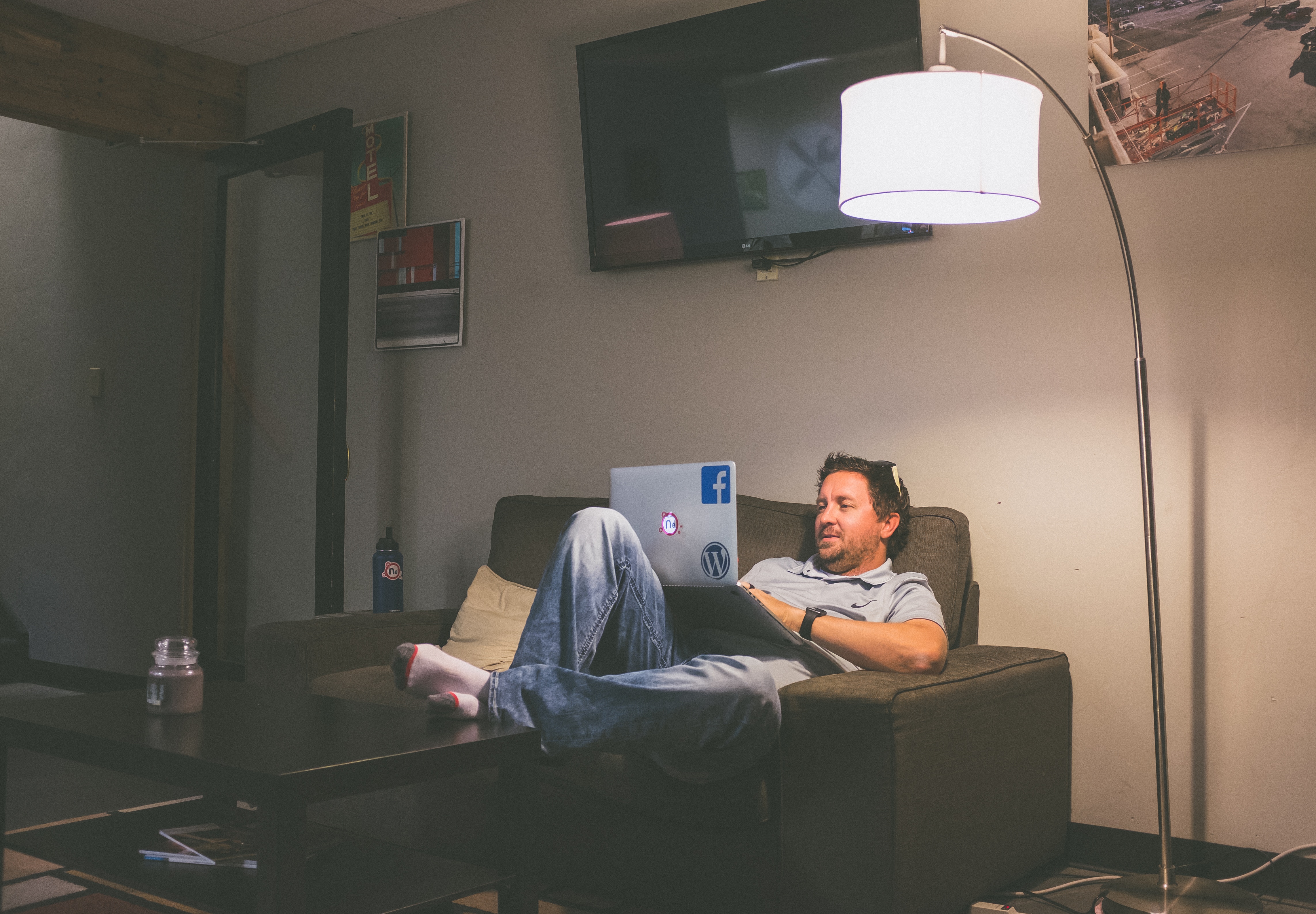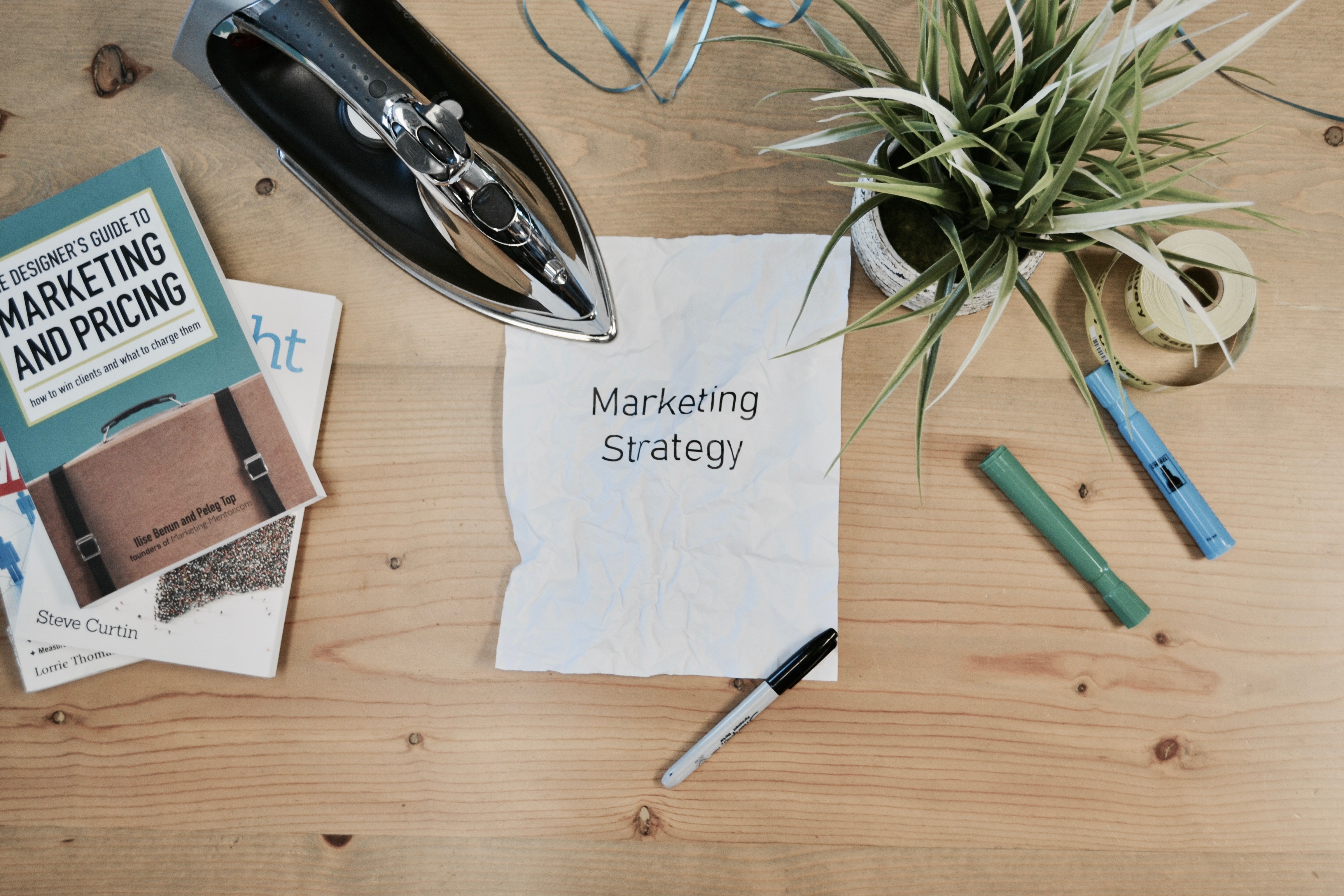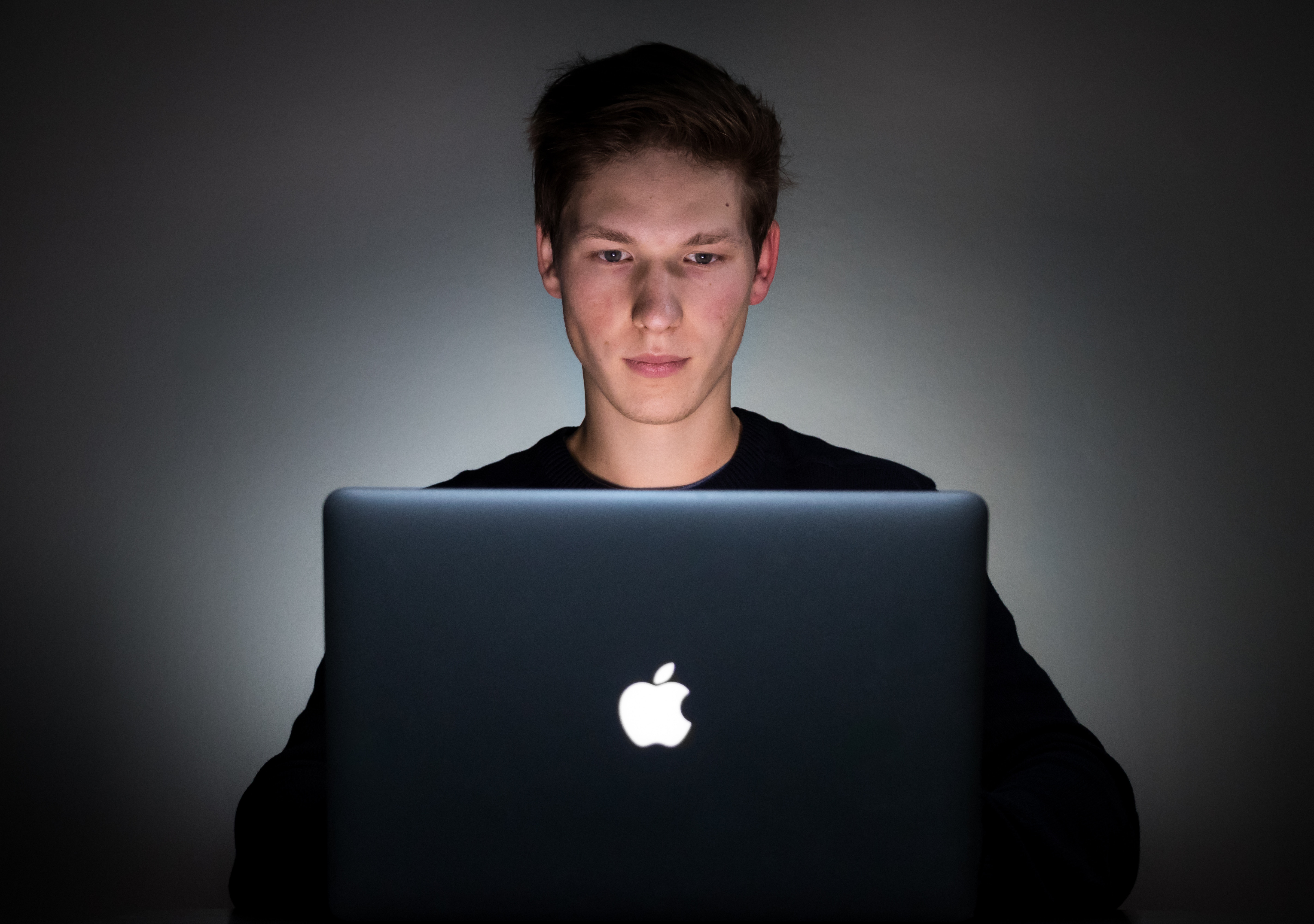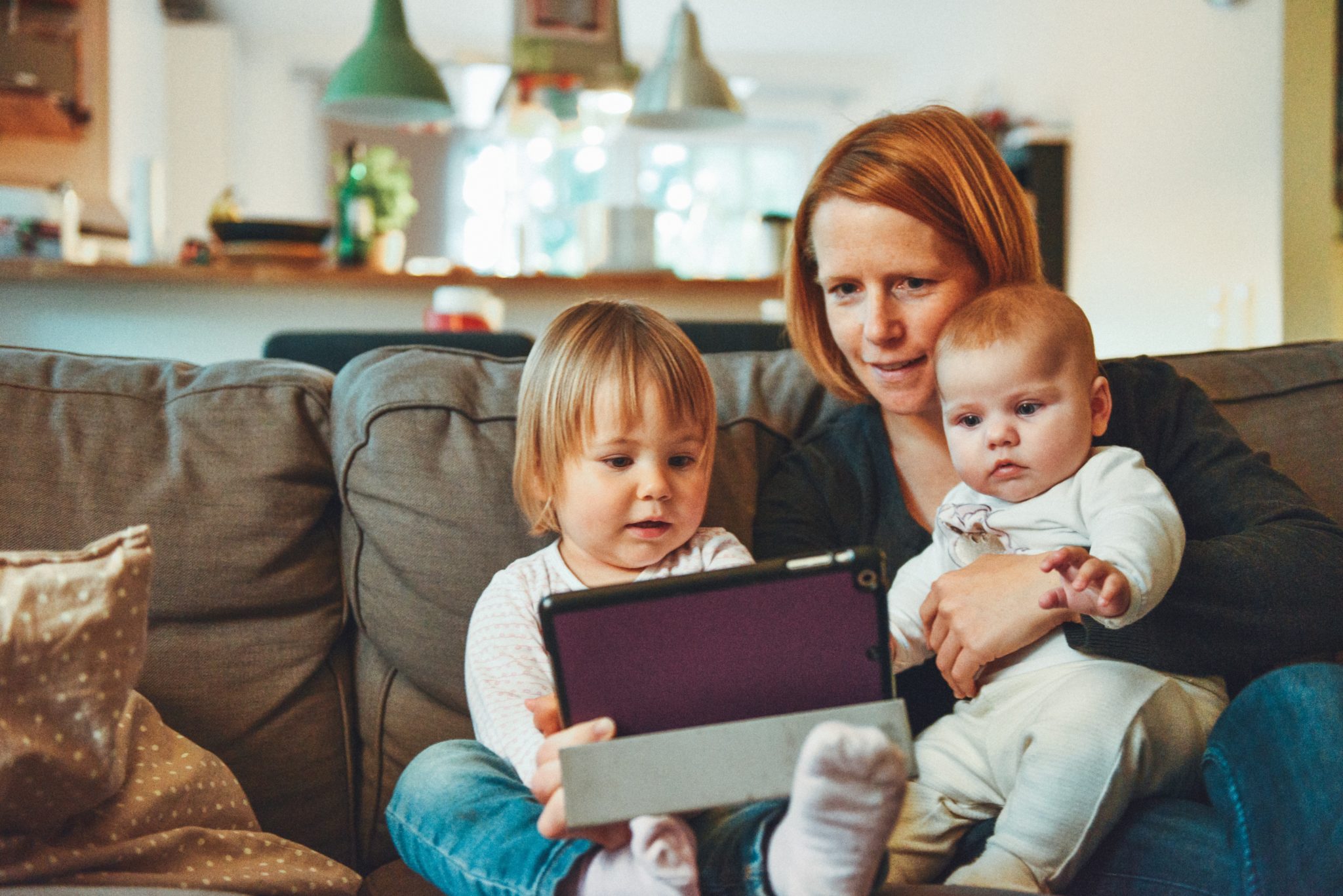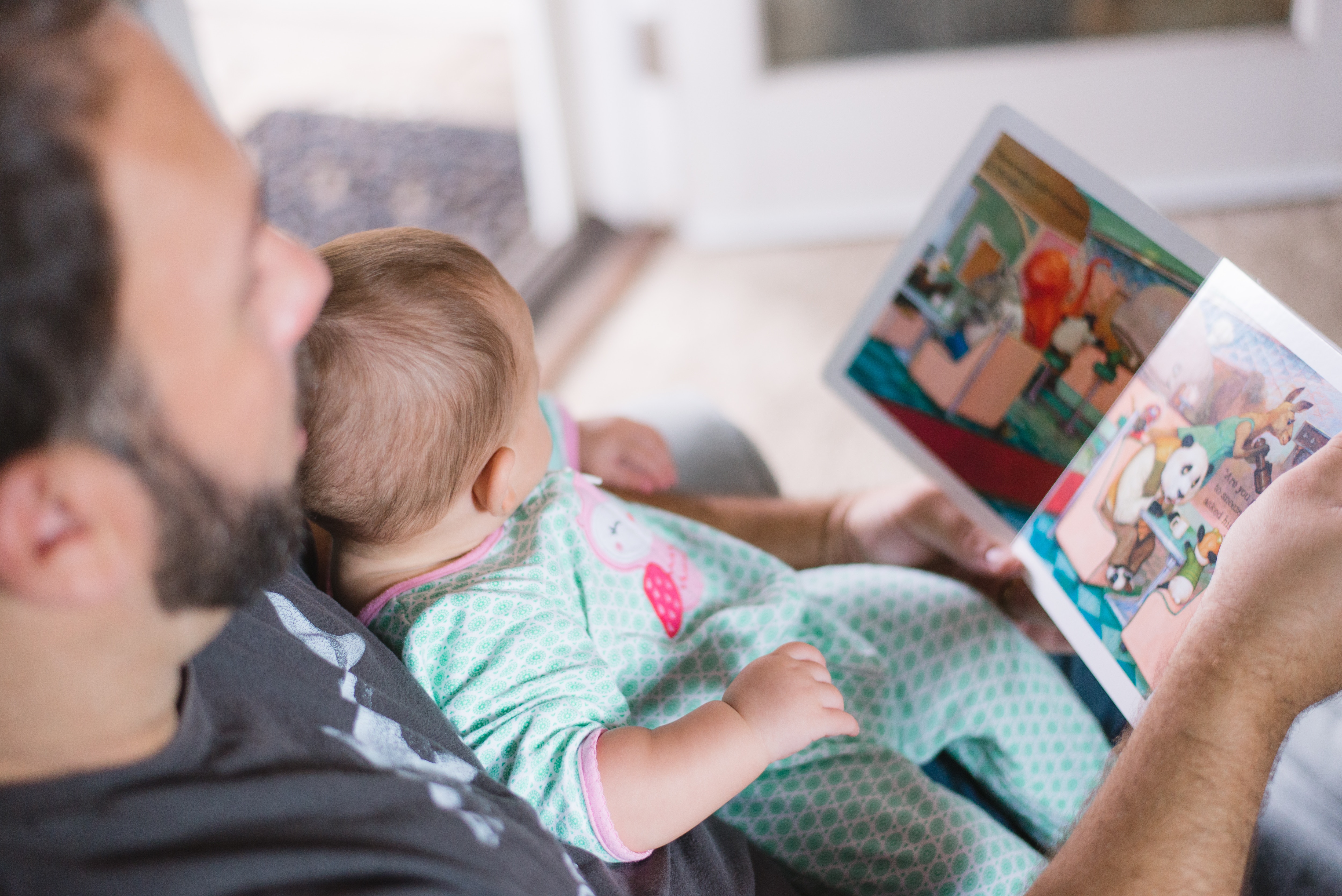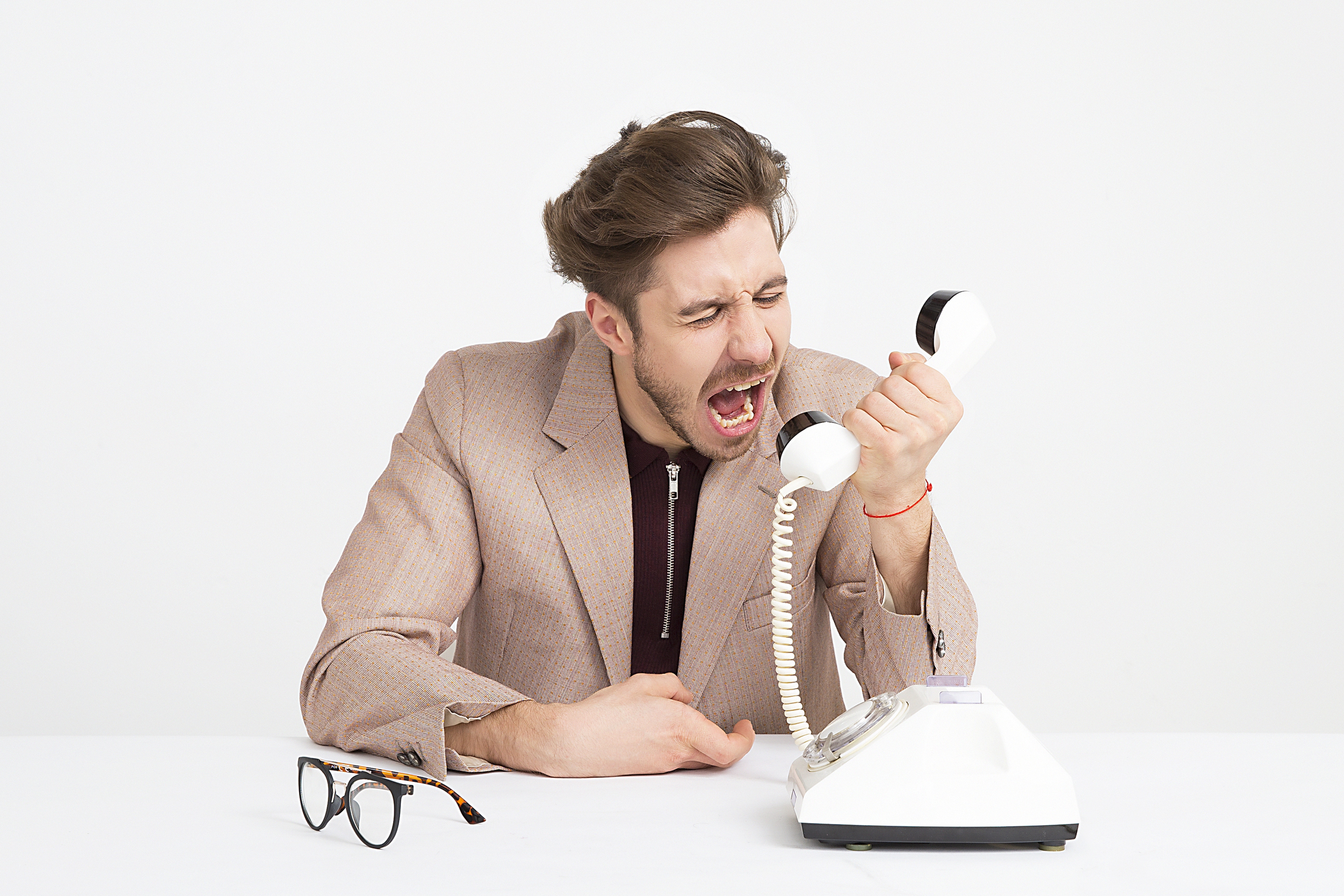
Anger is one of the most primitive emotions human beings experience, and it seems to have been wired into our systems. From a stranger taking your parking spot right when you were going to park, to a loved one betraying you on a sensitive matter, they all end up at one place: you feeling angry.
The “angriness spectrum”
But anger does not come in just one form. There is a whole spectrum of “angriness”. Anger covers everything from feeling a mild frustration because you haven’t slept enough, to absolute and complete fury where all hell breaks loose.
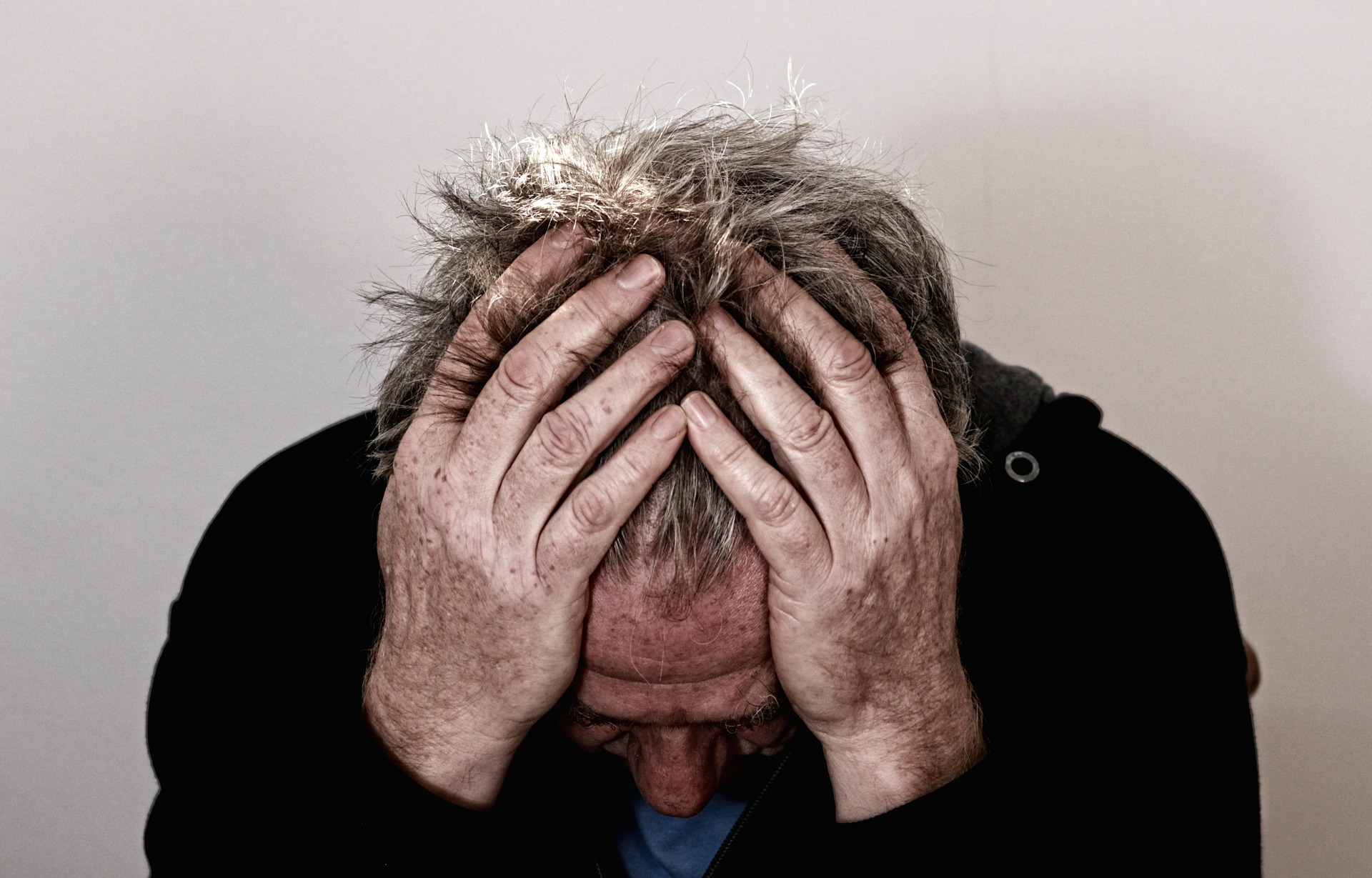
However, it is often frustrating to feel anger and sometimes even leaves us feeling guilty once it’s over. But is there an actual point to feeling this burning emotion? The way in which we experience anger, and how we act on it is very personal.
Feeling angry is useful
Science seems to be increasingly uncovering ways in which personality, gender, age, and life experiences affect how we feel anger.
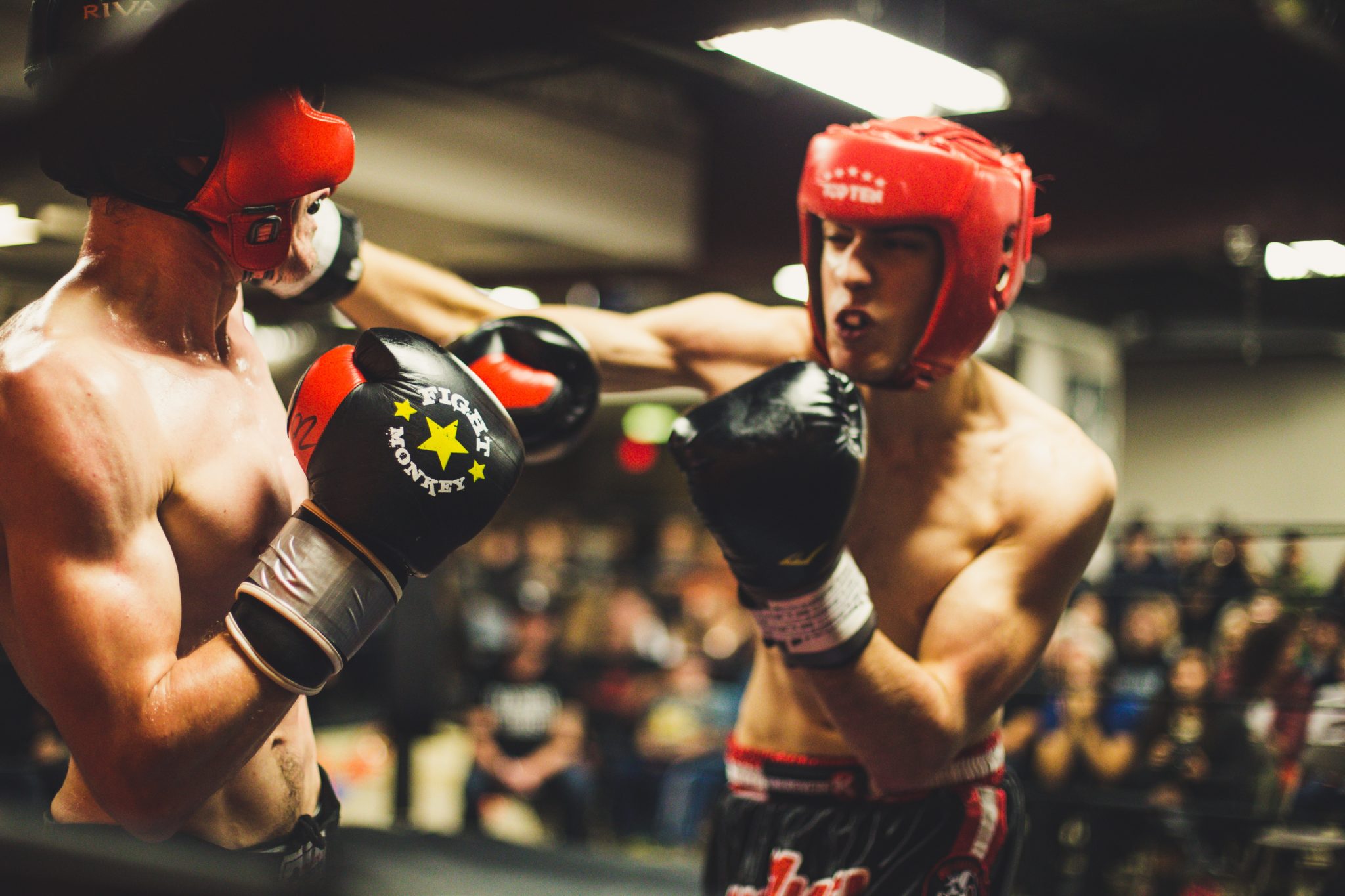
Feeling angry is actually very useful when it comes to dangerous situations. It forms part of our instincts, triggering the body’s “fight or flight“ response.
The emotion prepares us for physical aggression. From the evolutive perspective: it’s part of our instincts to fight off threats, compete for resources and enforce social norms. However, we do have the ability to choose between walking away or throwing out a punch.
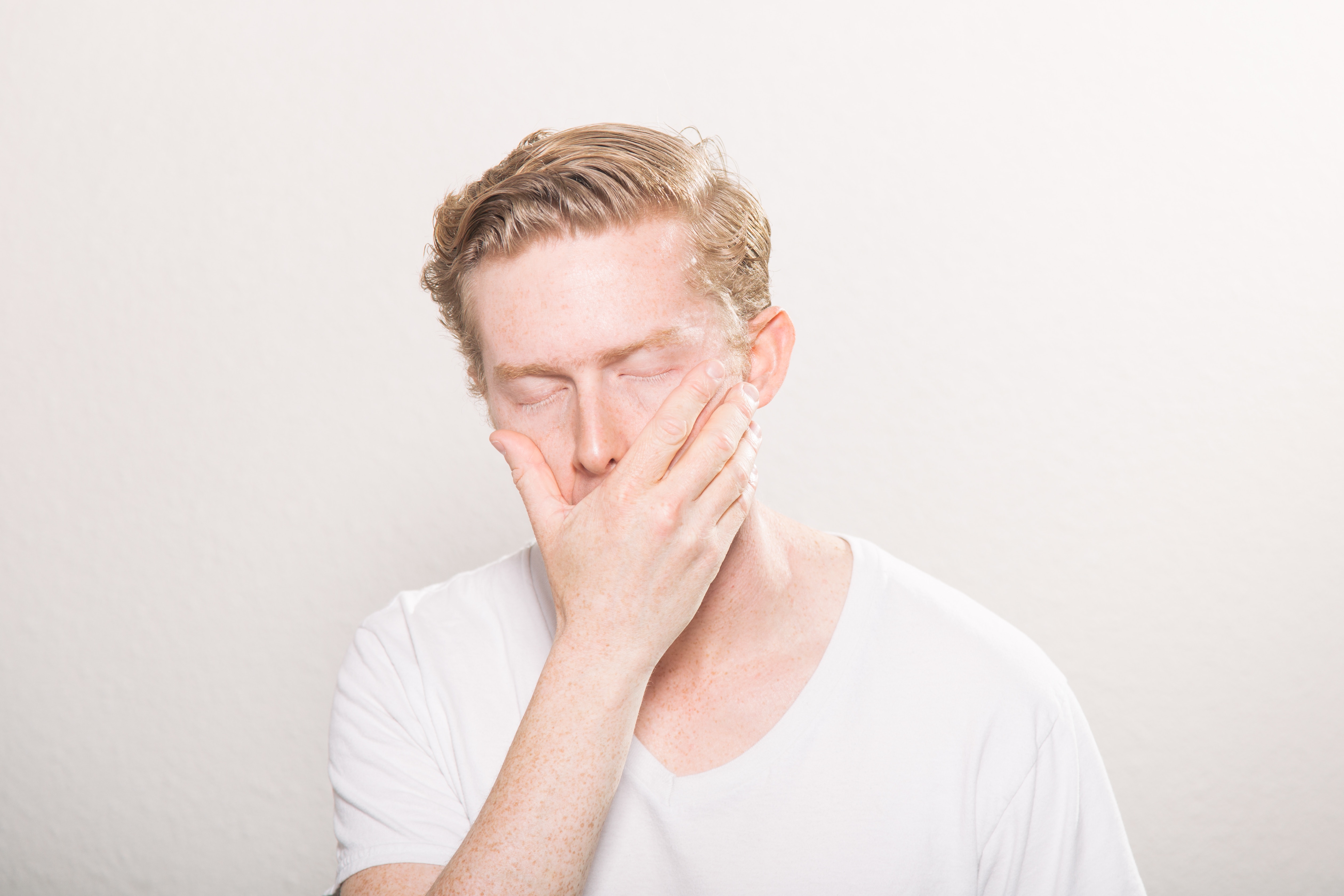
A different part of the brain is from there on responsible for decision-making and reasoning. This way, we put our emotions into context, and remind ourselves to behave because it is not socially acceptable to slap someone in the face just because they ate our last cookie.
What anger actually does
Feeling angry can be dangerous as it alters how we view risk. In other words, something that might be dangerous might look not-so-dangerous through the “anger-glasses“; we become more likely to underestimate the chances there are of having a bad outcome.

Studies have shown that anger makes us more impulsive, and depending on the context, it can make us either brave or reckless.
Anger also affects behaviour in a social context. Feeling angry often means thinking negatively of others, resulting in blaming other people for circumstantial situations. The problem is, if an angry person projects blame onto someone else, it might result in irrational anger, because it is likely to make said person more enraged.
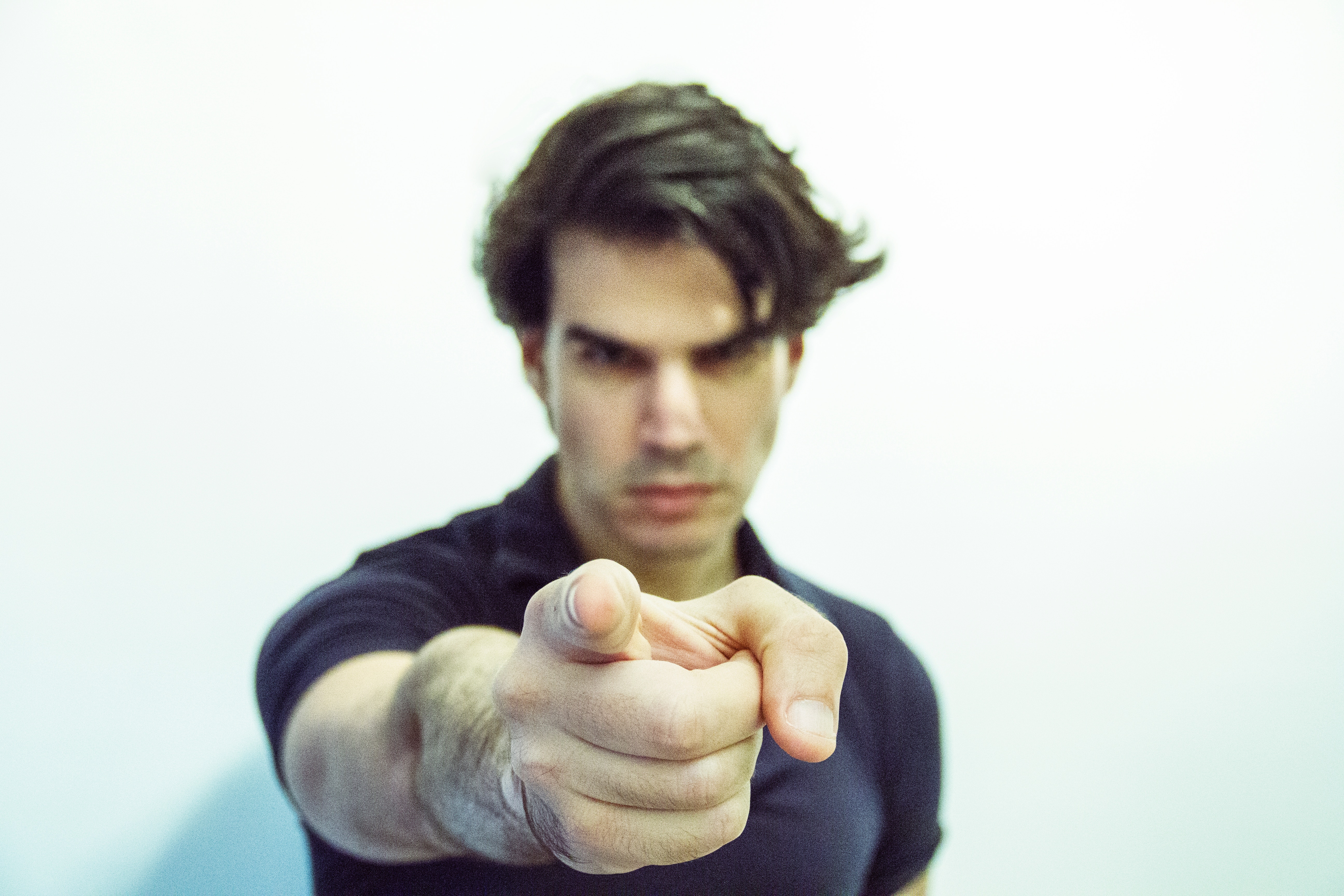
The benefits of feeling angry
Anger has always been considered a negative emotion, and should, at all times, be avoided. It is even considered a deadly sin in catholic religion. However, science now suggests feeling angry does, in fact, have some benefits.
Anger can become a strong motivator, according to this 2010 study. It can also shape the way you are perceived by others. The American psychologist, Lisa Tiedens, found out that outward anger expressions can make you more likable – or at least, make people be more supportive of you.
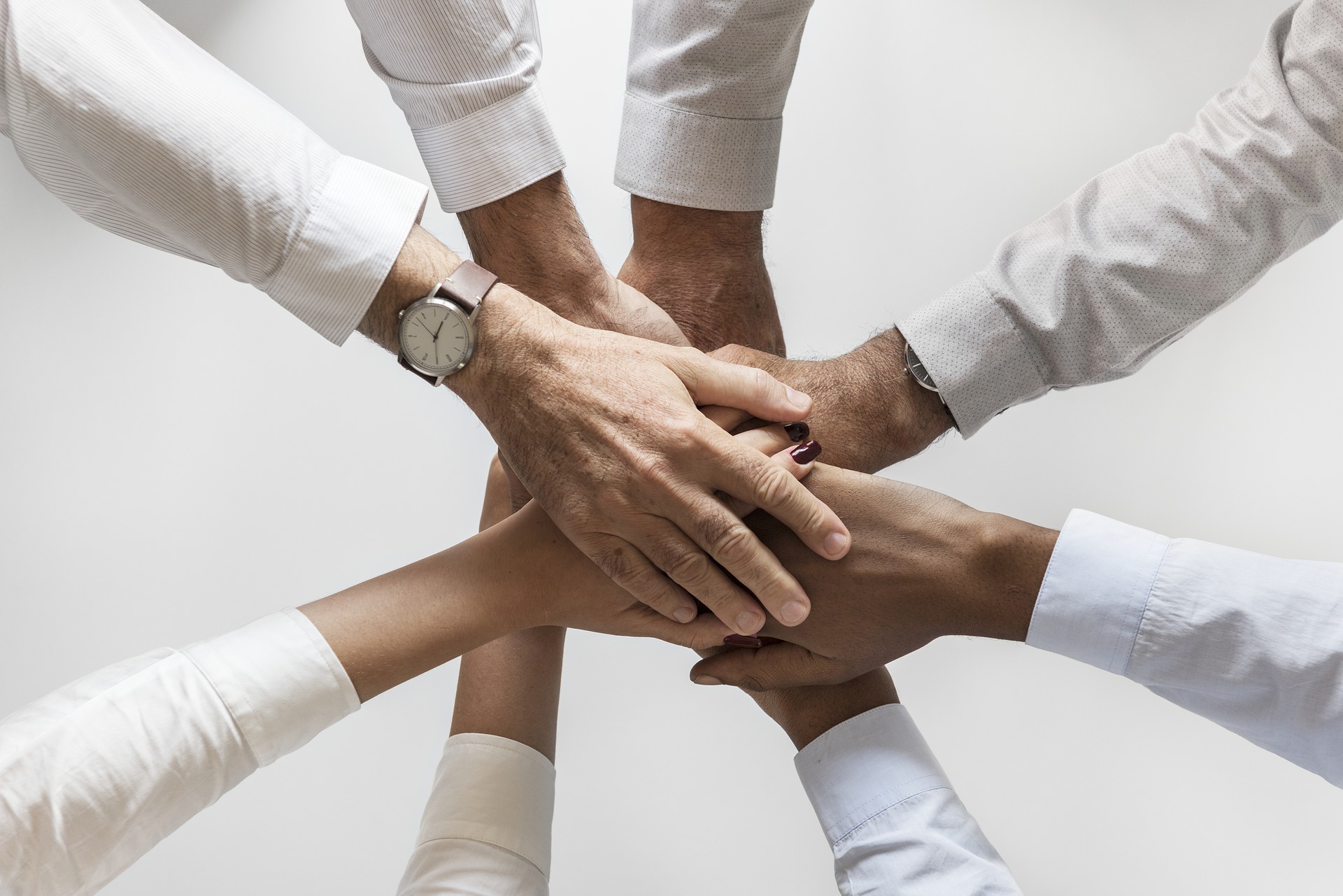
Anger and social status
She also found that people tied to a higher status position are more likely to describe themselves as “angry” rather than “sad”, and that showing this emotion in a negotiation increases success. This happens because “anger” is an emotion linked to adjectives like “stubborn” and “dominant”.

However, it’s also worth noting that evidence was found that in the case of women, the story changes: females considered angry were thought less of.
Photos: Unsplash and Pixabay







